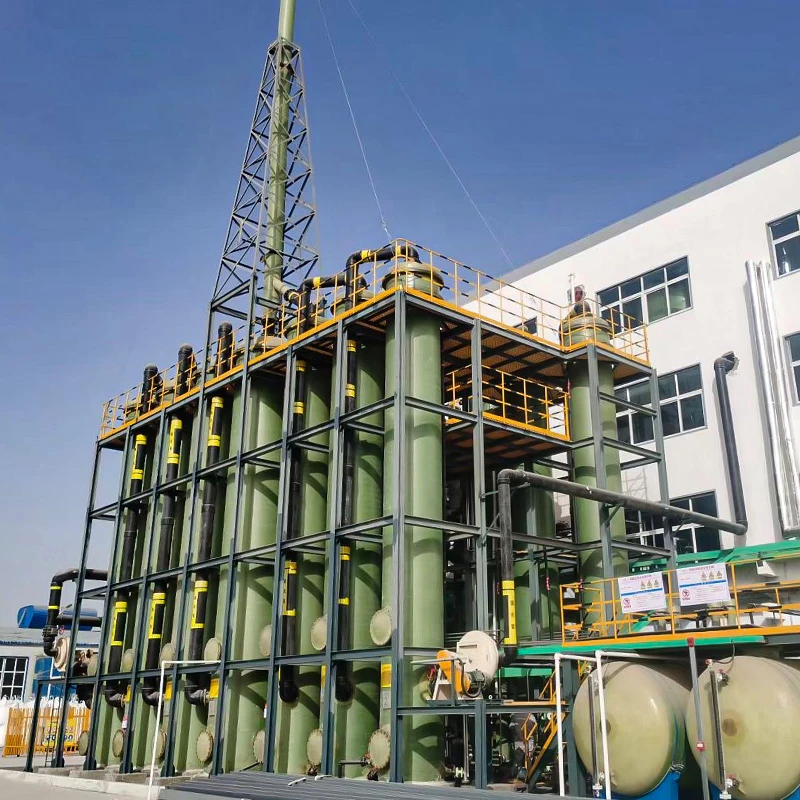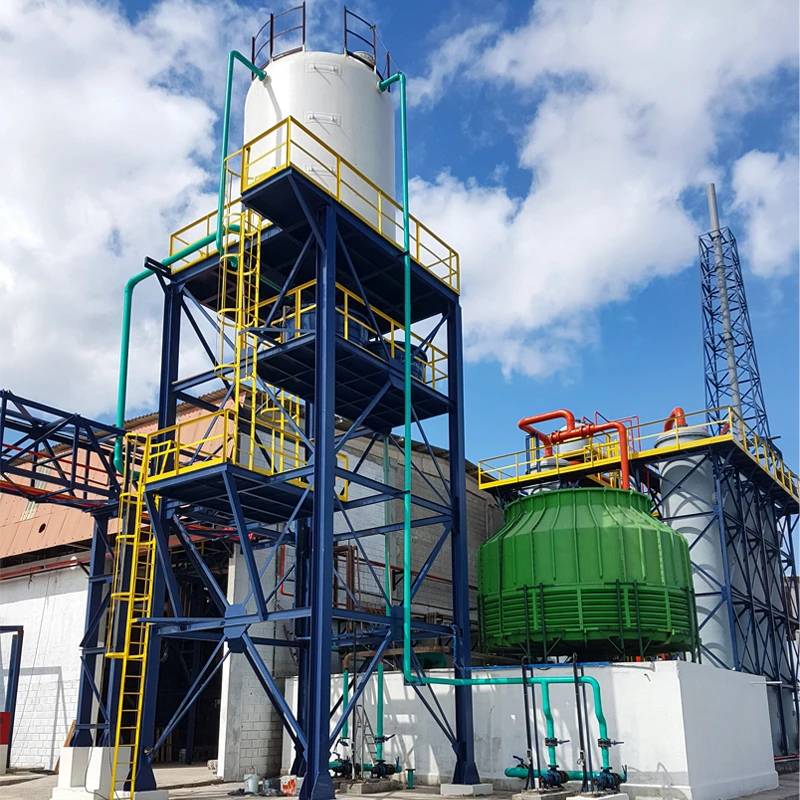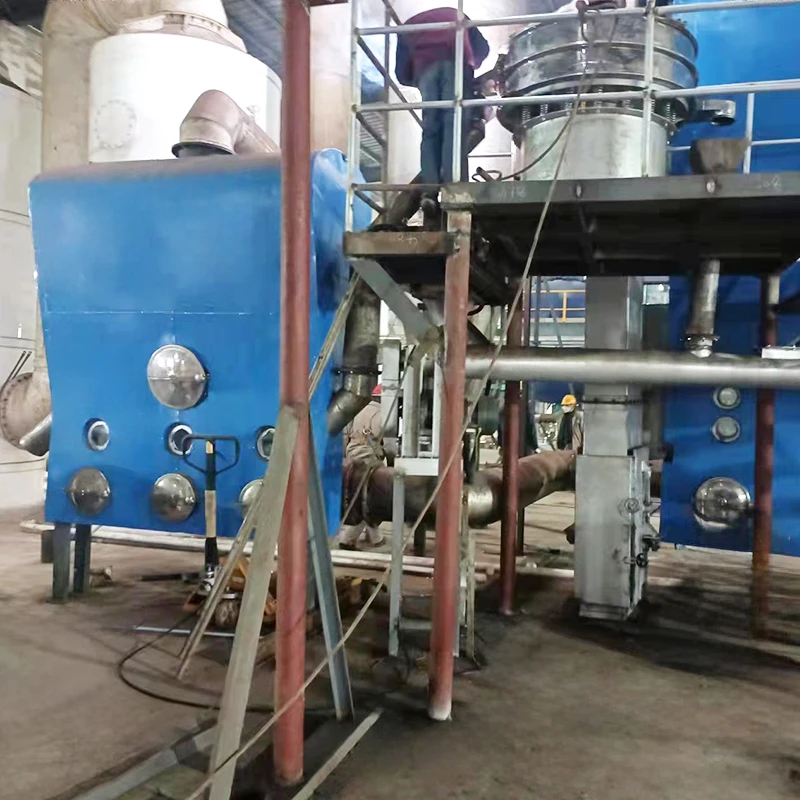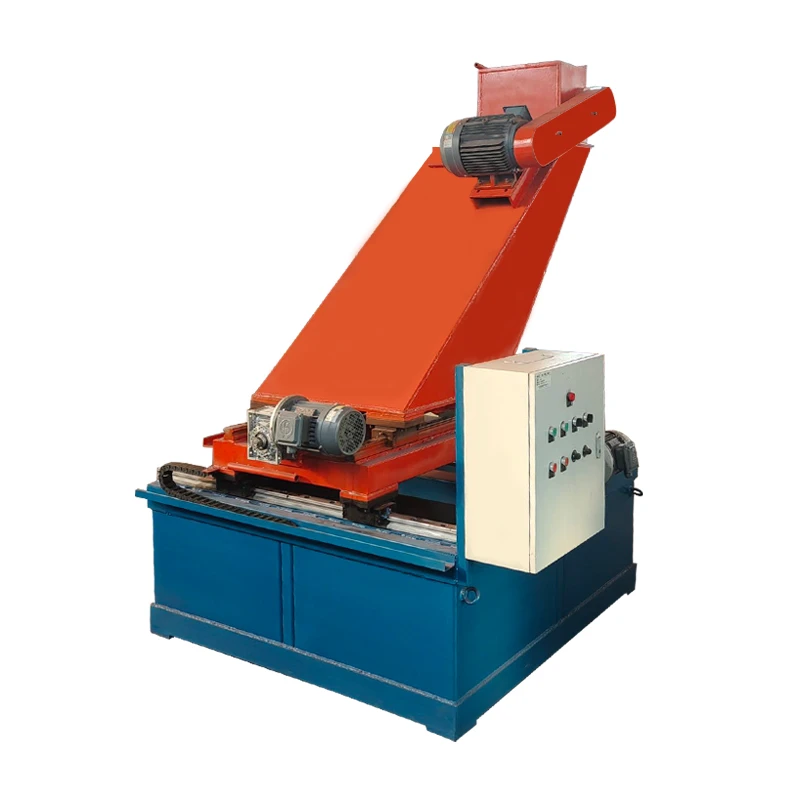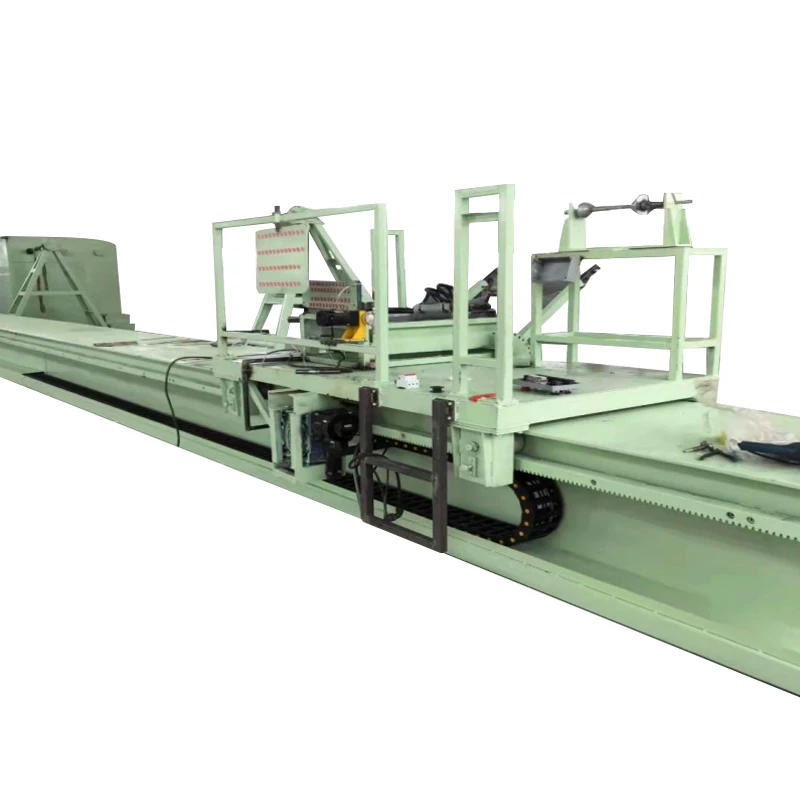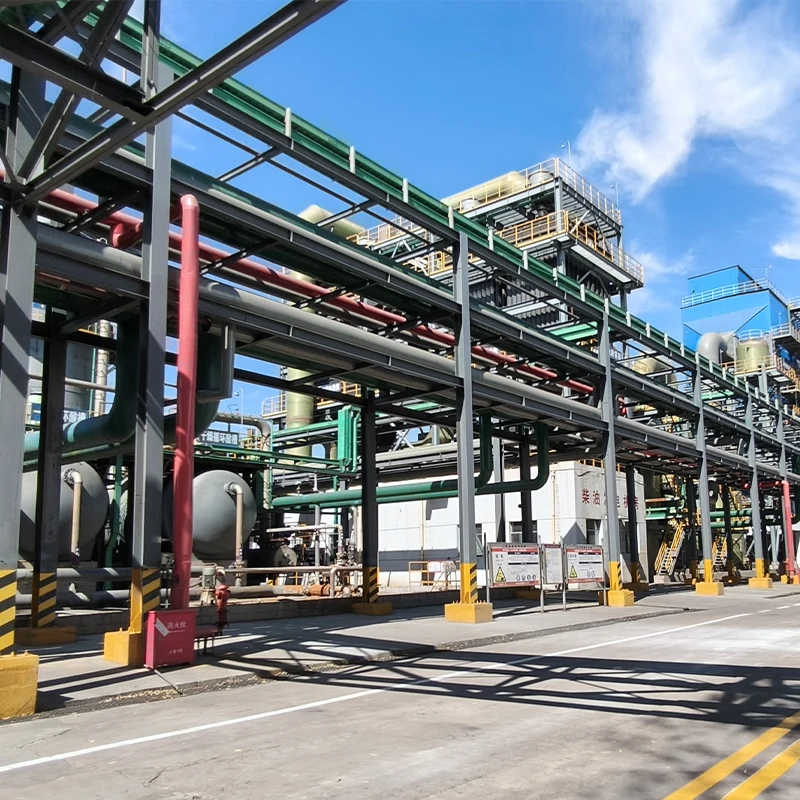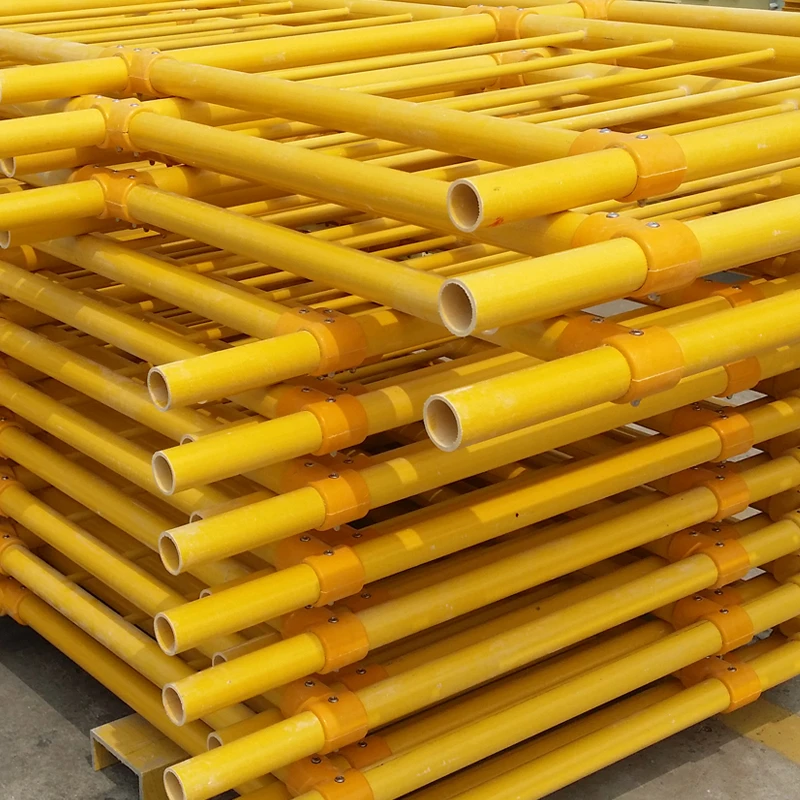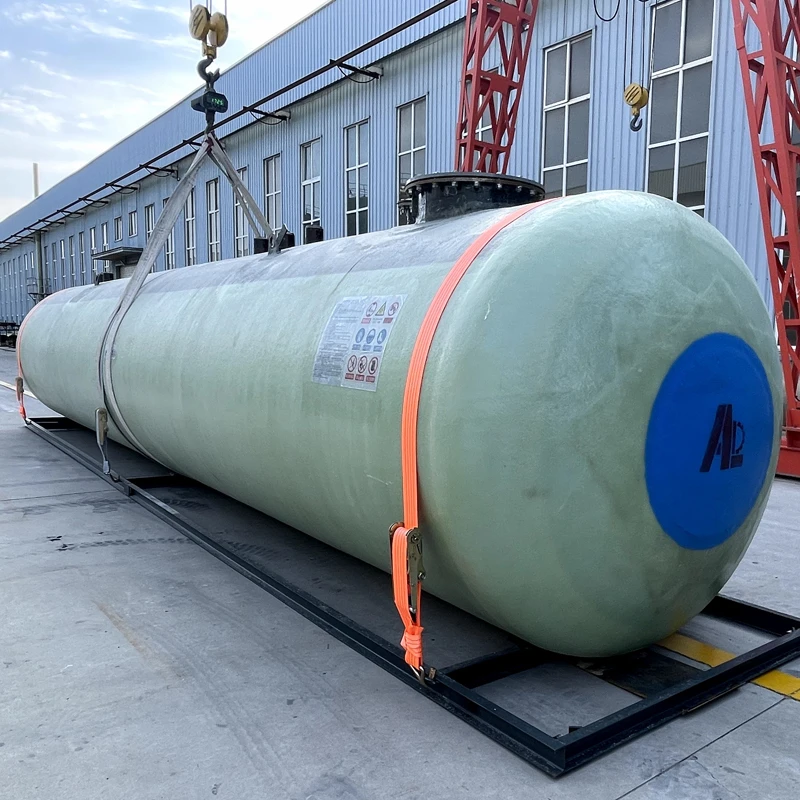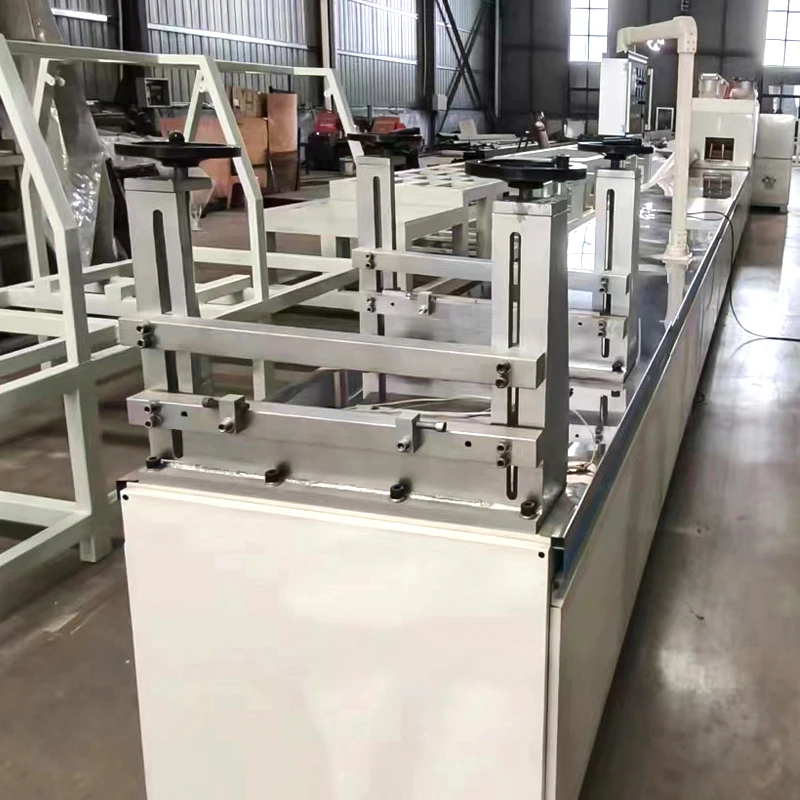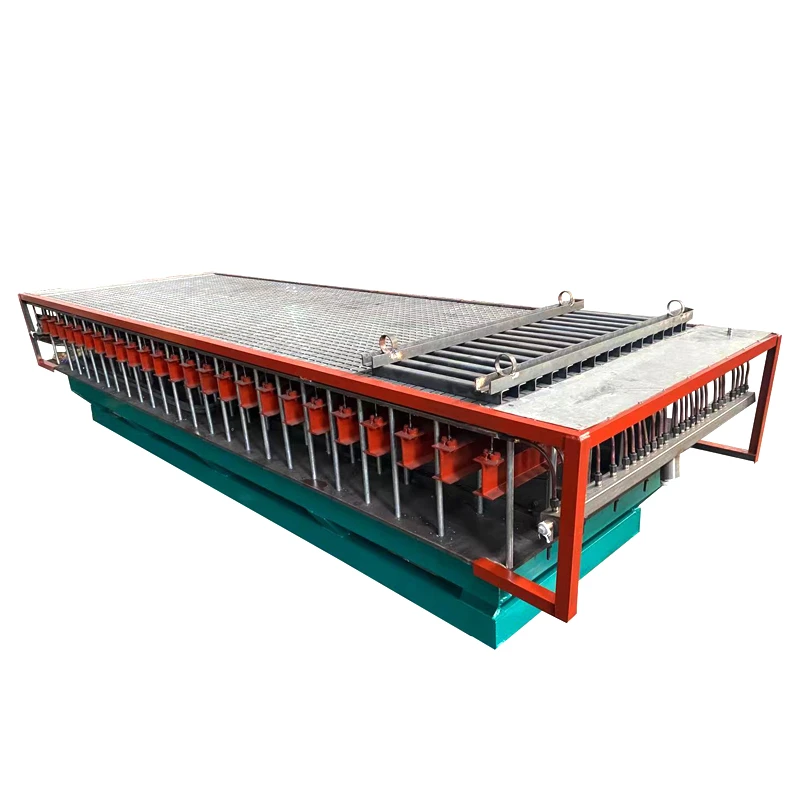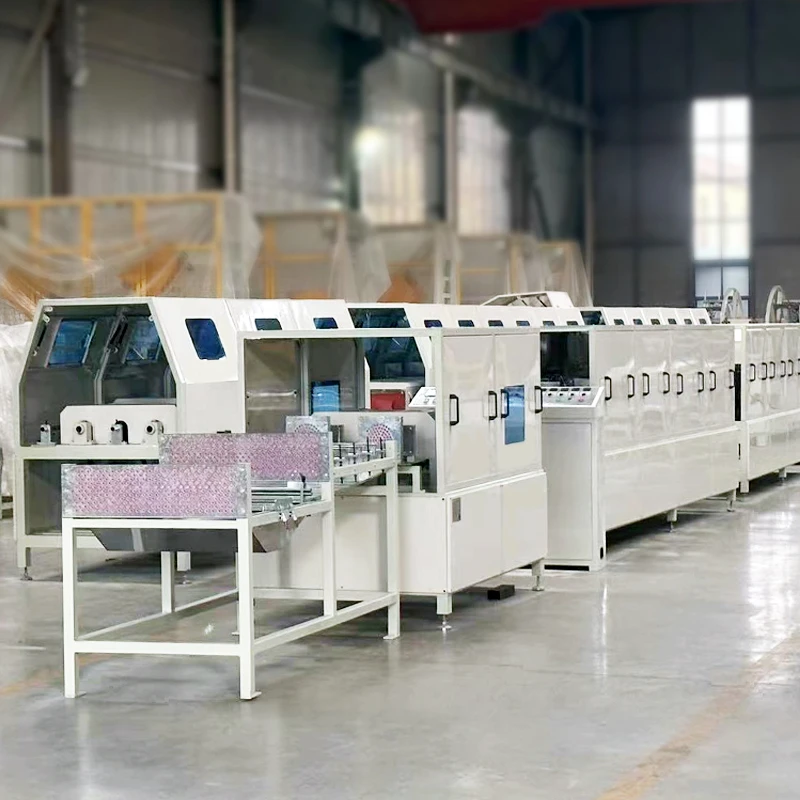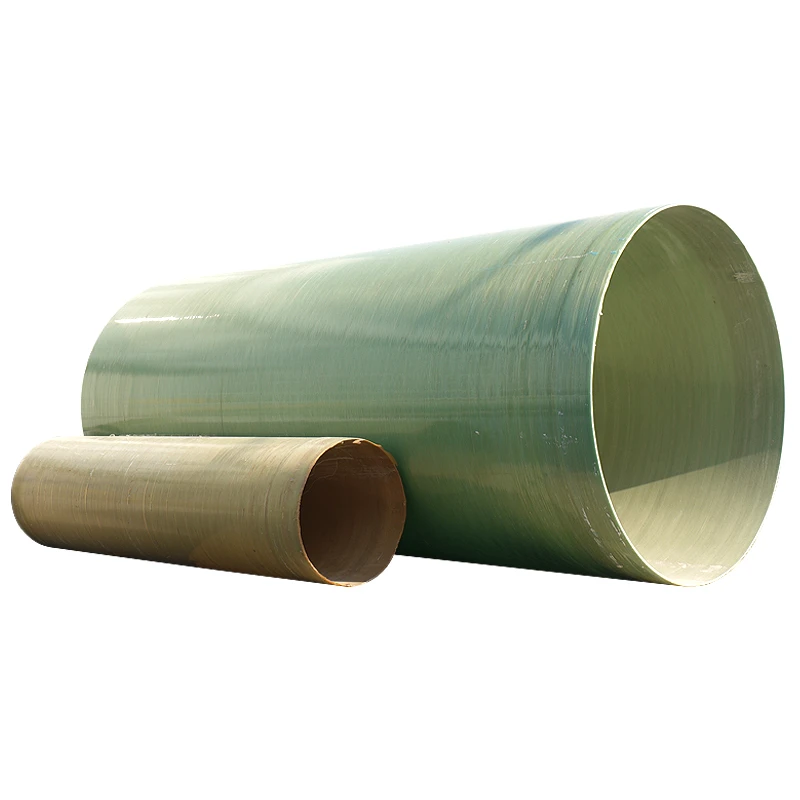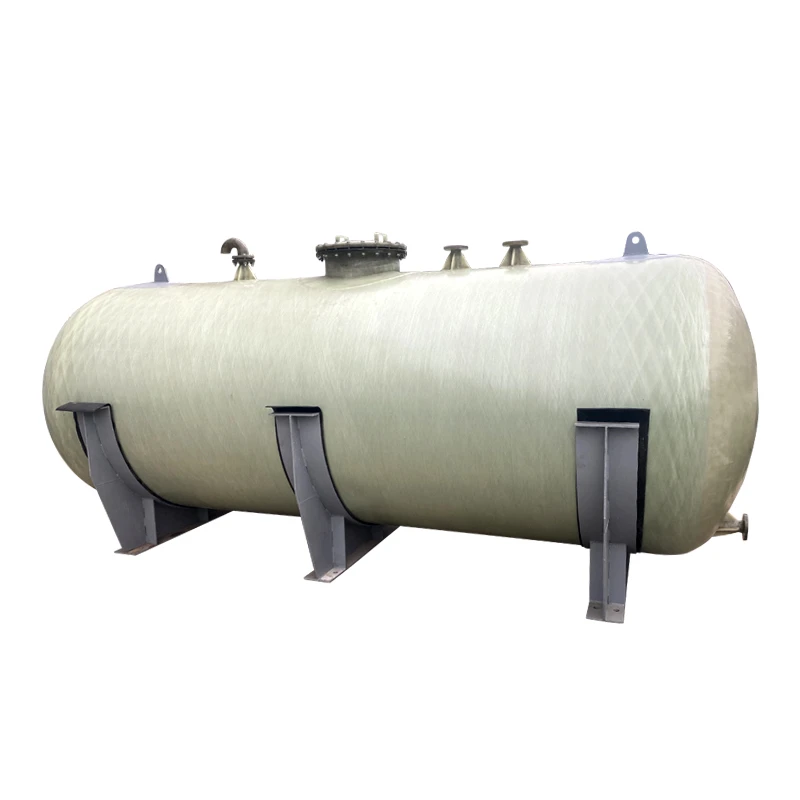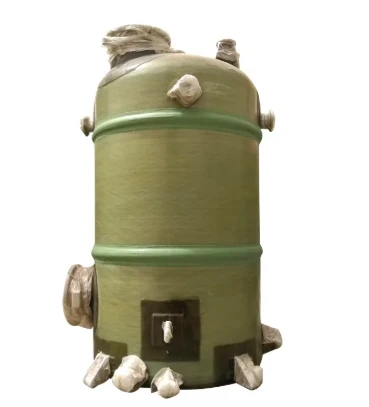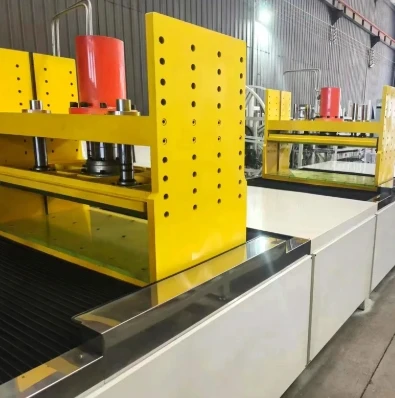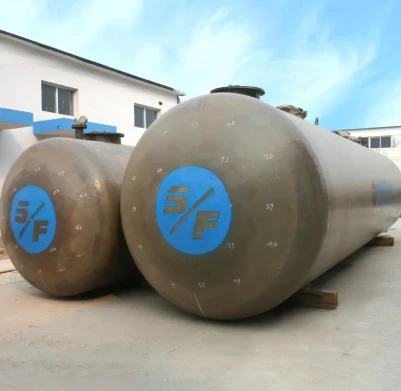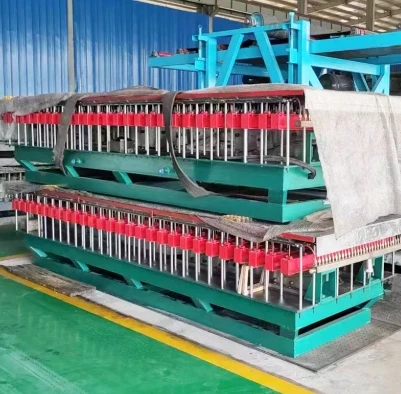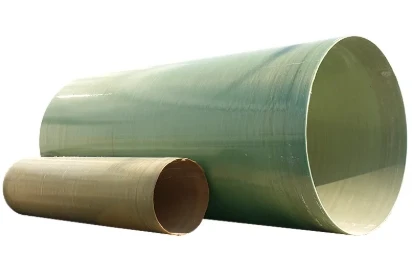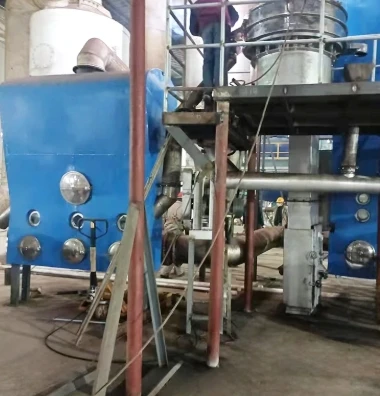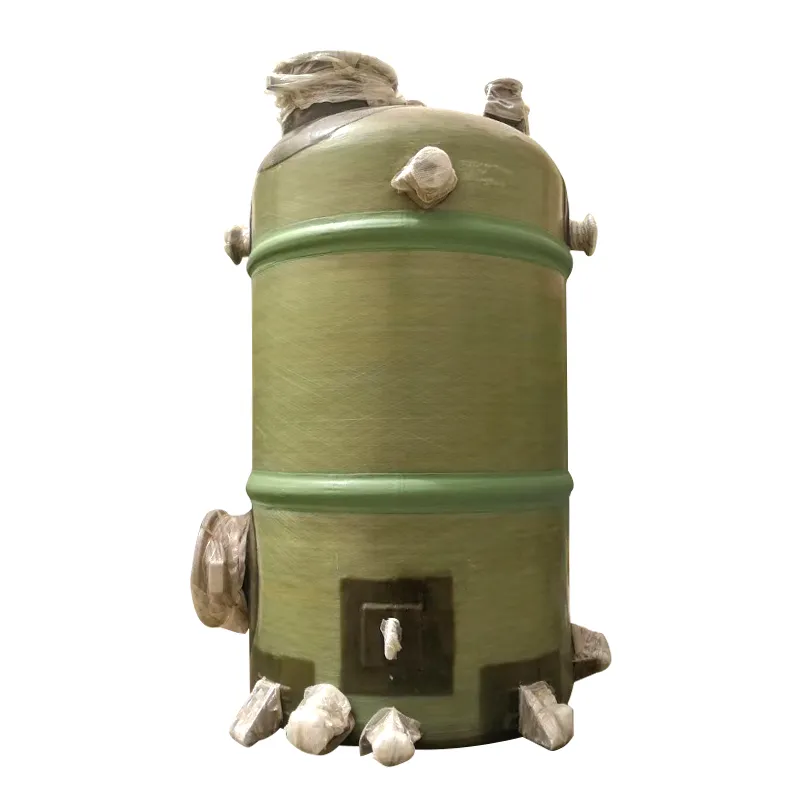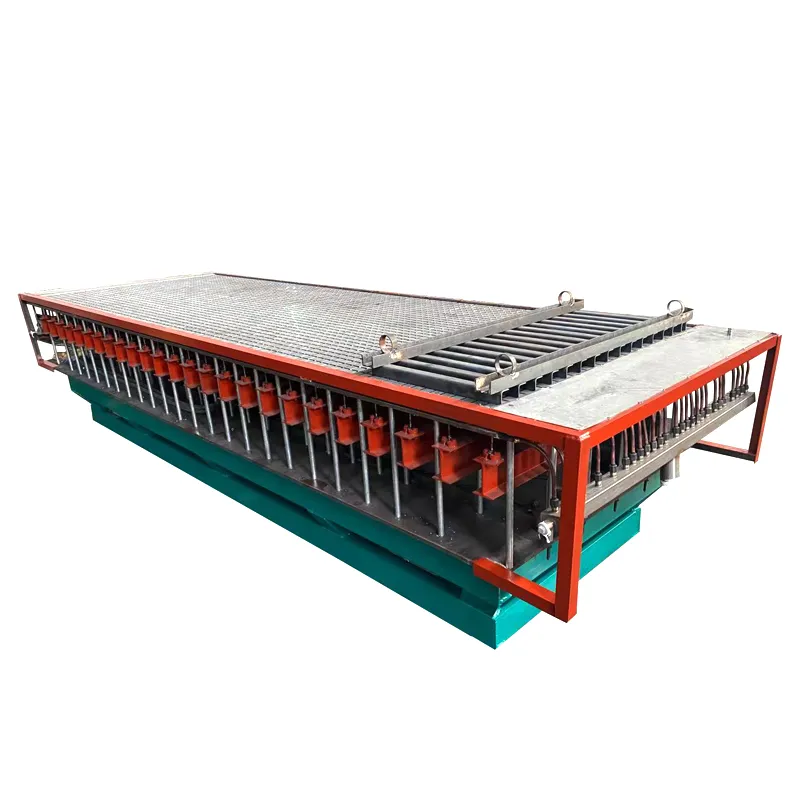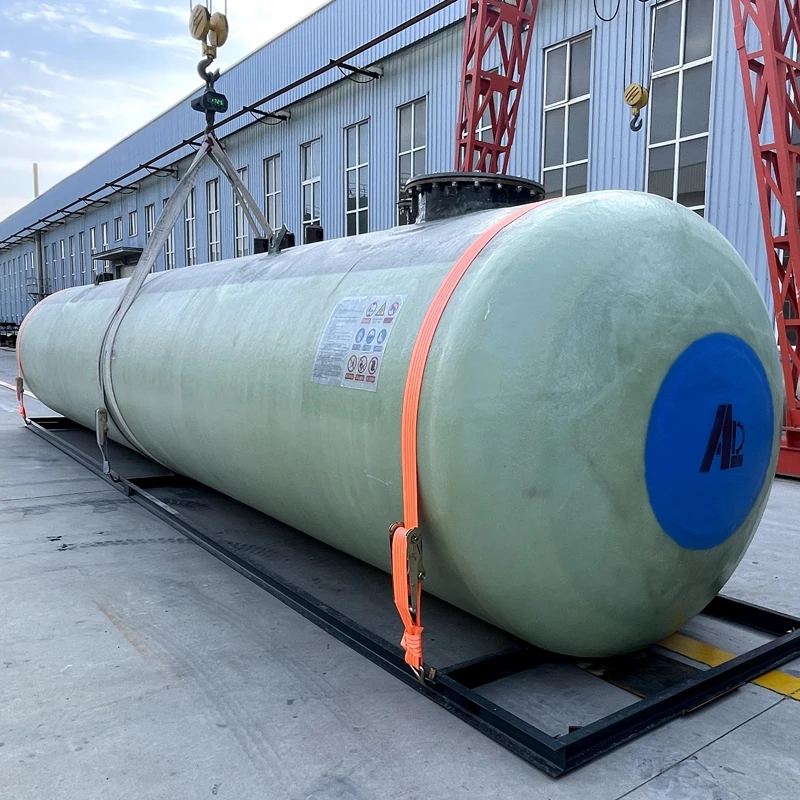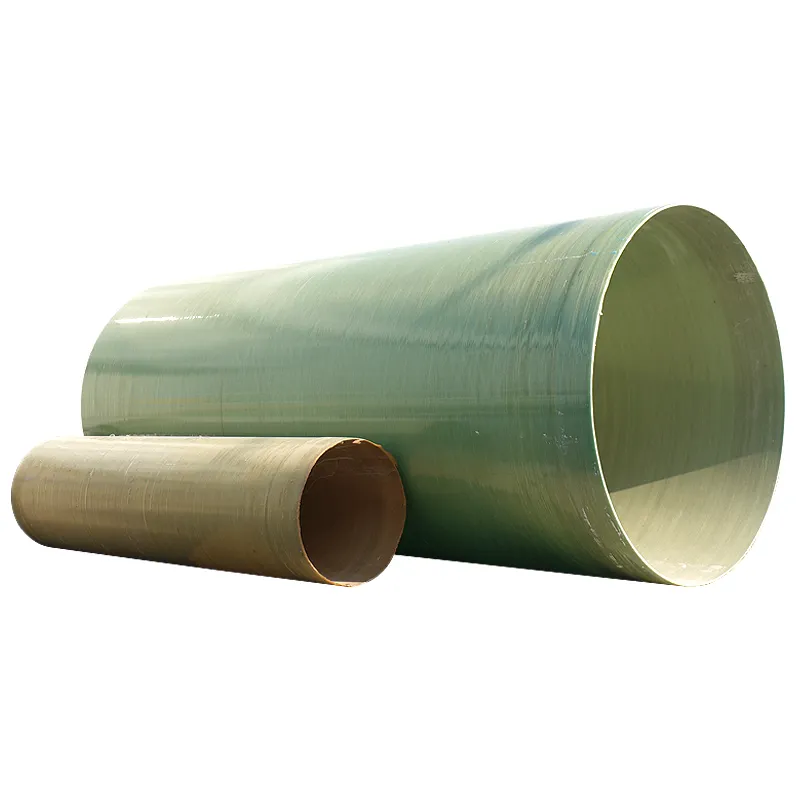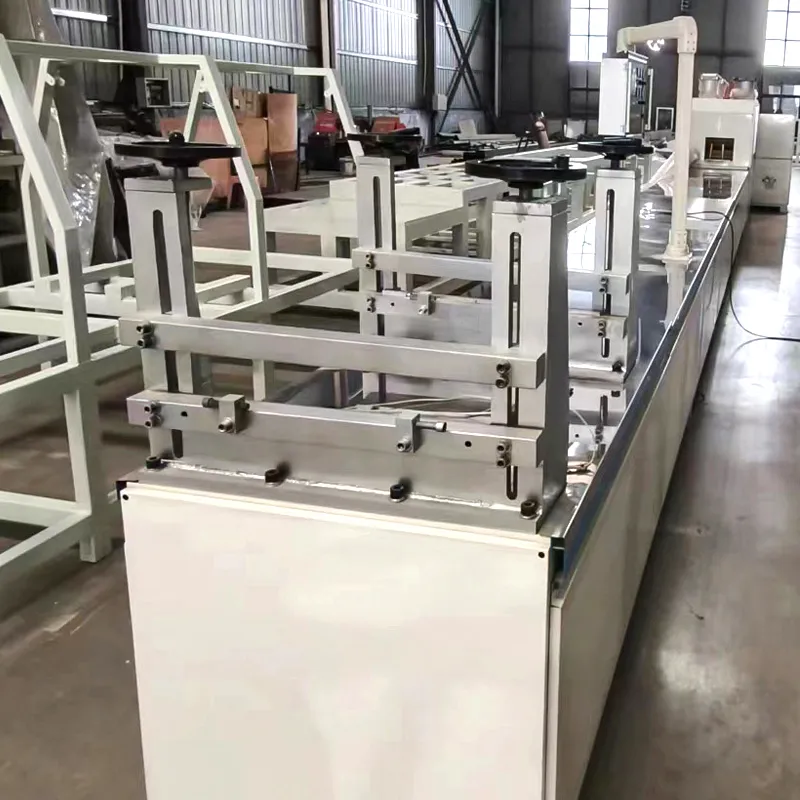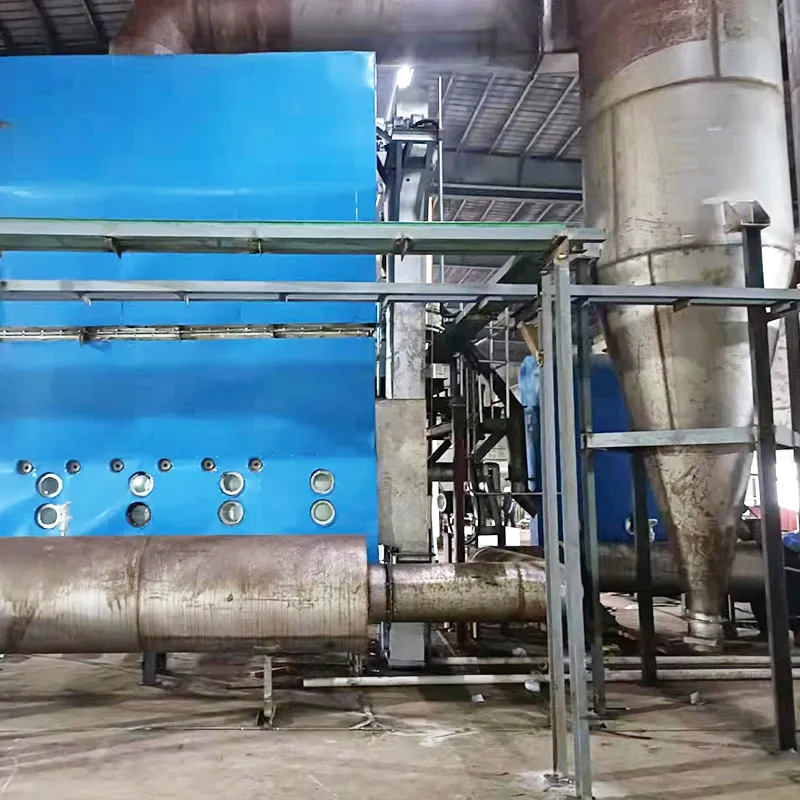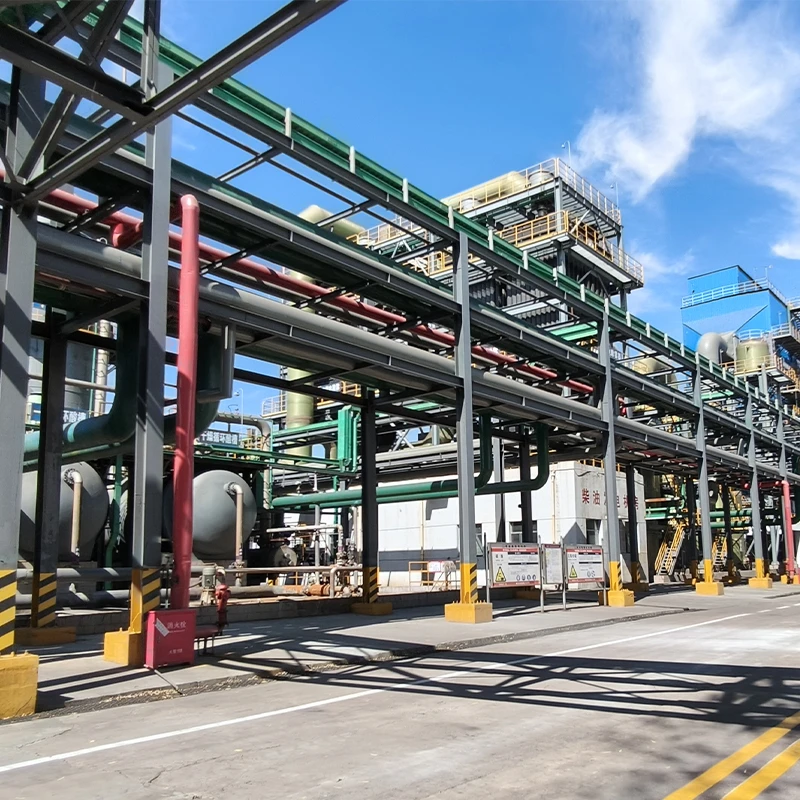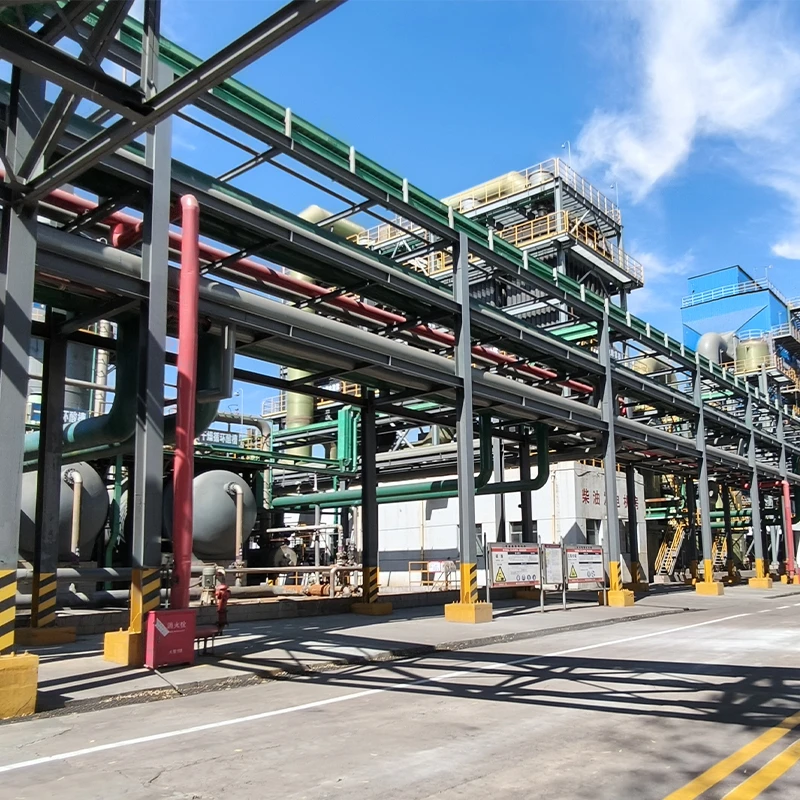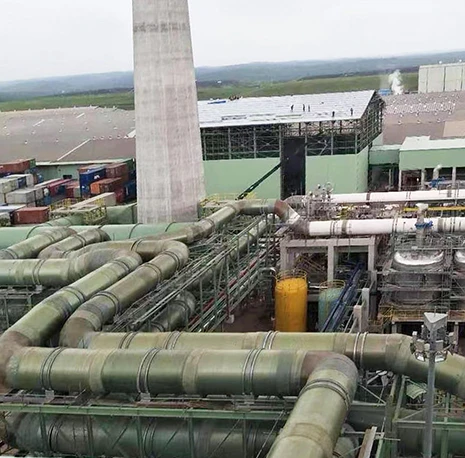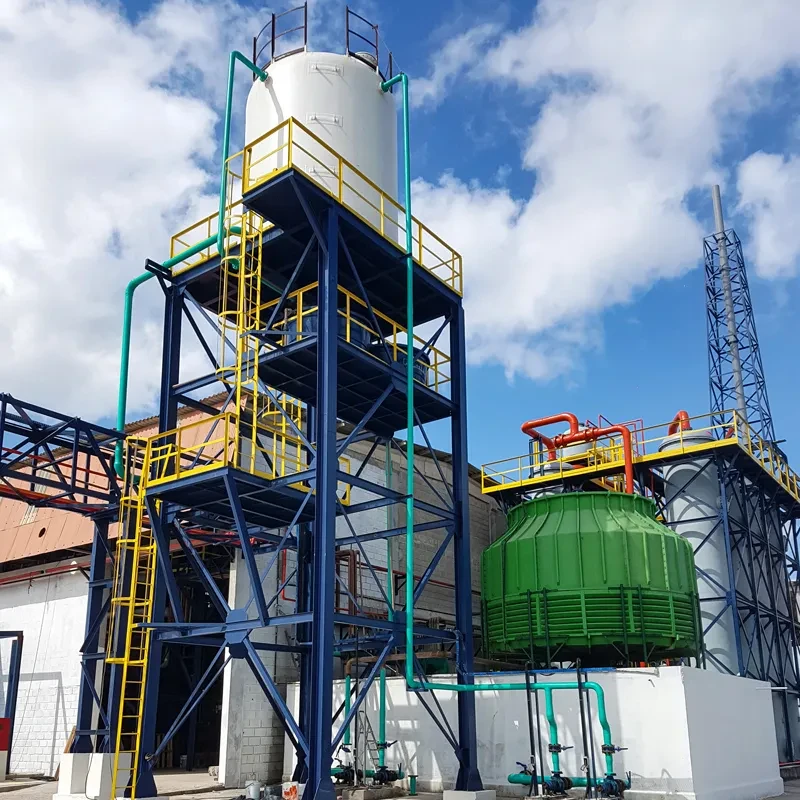Discover the Strength and Durability of FRP Pipe: The Future of Industrial Piping
Engineered for extreme durability and unmatched resistance to harsh chemical environments, FRP pipe is quickly becoming the preferred choice in chemical plants, wastewater treatment facilities, and marine applications. As industries demand stronger, lighter, and longer-lasting solutions, fiber reinforced plastic pipe delivers on every front—with high tensile strength, remarkable corrosion resistance, and flexible installation that outperforms traditional metal and plastic options. For anyone searching for long-term performance and competitive FRP pipe price, this is the smart investment.
Avoiding Stress Concentration During FRP Pipe Installation
Proper installation techniques are crucial for maximizing the lifespan of FRP pipe systems. One of the key factors to watch out for is stress concentration, which can occur when the pipe is over-tightened, improperly aligned, or mounted with incompatible supports. During installation, fiber reinforced plastic pipe must be handled with care, even though it is lighter than steel and easier to maneuver. Contractors should use correctly sized rubber-lined supports and brackets that distribute load evenly along the pipe body.
To further minimize stress, experienced FRP pipe manufacturer teams recommend leaving a small expansion gap at each joint to accommodate thermal movement. Special expansion joints and flexible couplings can be integrated into the pipeline design to relieve mechanical strain during operation. By following best practices and utilizing the recommended accessories, project managers can eliminate common stress points and extend the life of any FRP pipe system, even in the most demanding conditions.
Corrosion Resistance: FRP Pipe vs PVC and Steel Pipes
When comparing corrosion resistance, FRP pipe stands out as one of the most reliable materials for fluid transport in corrosive environments. While PVC is suitable for low-temperature, low-pressure use, it quickly degrades when exposed to UV rays, solvents, or higher temperatures. Steel, though strong, rusts rapidly when exposed to acids, alkalis, saltwater, or moisture unless protected by expensive coatings and regular maintenance.
In contrast, fiber reinforced plastic pipe offers a chemically inert internal layer that protects against a wide range of corrosive agents. It is unaffected by saltwater, most acids and alkalis, and even hydrocarbons, making it the best choice for long-term reliability in industrial plants, marine installations, and underground fluid networks. In fact, in many side-by-side field applications, FRP pipe continues to operate efficiently where PVC has warped and steel has suffered through multiple cycles of corrosion and repair.
These benefits make fiberglass pipe for sale a superior solution when both durability and performance are non-negotiable. Whether transporting sulfuric acid, sodium hydroxide, or seawater, the chemical resistance of FRP pipe is unmatched.
FRP Pipe: Long-Term Corrosion Resistance in Acidic and Alkaline Environments
The true advantage of FRP pipe lies in its exceptional longevity under corrosive conditions. In mildly acidic environments with pH levels ranging from 5 to 7, fiber reinforced plastic pipe has a service life of more than 50 years with minimal degradation. When exposed to strong acids like hydrochloric or sulfuric acid at concentrations up to 30%, high-grade resin formulations ensure the FRP pipe retains its mechanical strength for over 25–30 years, even with continuous exposure.
Similarly, in highly alkaline settings—such as wastewater treatment or paper manufacturing facilities where caustic soda and other strong bases are used—FRP pipe continues to perform for decades without signs of erosion, swelling, or delamination. Compared to steel pipes that often need corrosion allowance or coating replacements every 5 to 10 years, FRP pipe provides peace of mind and lower lifecycle costs.
These results aren’t theoretical. Many FRP pipe manufacturer projects have documented real-world installations that have remained in operation for over 40 years with minimal maintenance in harsh environments, proving that fiberglass pipe for sale is not only cost-effective but also engineered for endurance.
Choosing the Right FRP Pipe Manufacturer and Price Considerations
With increasing demand, not all FRP pipe manufacturer companies are created equal. Selecting a supplier with advanced winding, curing, and testing capabilities is crucial to ensure consistent product quality and performance. Reputable FRP pipe manufacturer partners conduct rigorous hydrostatic and mechanical strength tests, as well as chemical resistance testing, to ensure every length of pipe meets or exceeds international standards.
While FRP pipe price may appear higher than PVC at the outset, the long-term savings in maintenance, repair, and replacement make it far more economical. When considering total cost of ownership, including installation ease, longevity, and reliability in corrosive environments, the FRP pipe price becomes an investment in operational efficiency and safety.
Buyers looking for fiberglass pipe for sale should also consider the full range of customization available—from diameter and pressure class to special liner formulations based on the target chemicals. A reliable FRP pipe manufacturer can help you match specifications to your application, optimizing performance while maintaining cost efficiency.
FRP Pipe FAQs
How do I prevent stress damage during installation of FRP pipe?
To avoid stress concentration, use rubber-lined supports, ensure proper alignment, allow for thermal expansion gaps, and avoid over-tightening clamps. These methods help maintain the structural integrity of FRP pipe systems.
How does fiber reinforced plastic pipe compare to PVC and steel for corrosion resistance?
Fiber reinforced plastic pipe is chemically inert and resists corrosion from acids, alkalis, and saltwater far better than PVC or steel. While PVC becomes brittle and steel corrodes, FRP pipe remains stable and durable.
What is the corrosion-resistant lifespan of FRP pipe?
Depending on the chemical environment, FRP pipe can last 25 to 50 years. In mild acid or base environments, service life exceeds 40 years. In more aggressive concentrations, specialized resins maintain strength for 25–30 years.
Is fiberglass pipe for sale suitable for high-pressure applications?
Yes. Fiberglass pipe for sale is available in various pressure classes and diameters. Reinforced designs and filament winding techniques ensure high strength and pressure resistance for industrial use.
How does FRP pipe price compare to traditional materials?
While the initial FRP pipe price may be slightly higher than PVC, it offers lower total ownership costs due to reduced maintenance, longer service life, and superior corrosion resistance compared to traditional materials.

